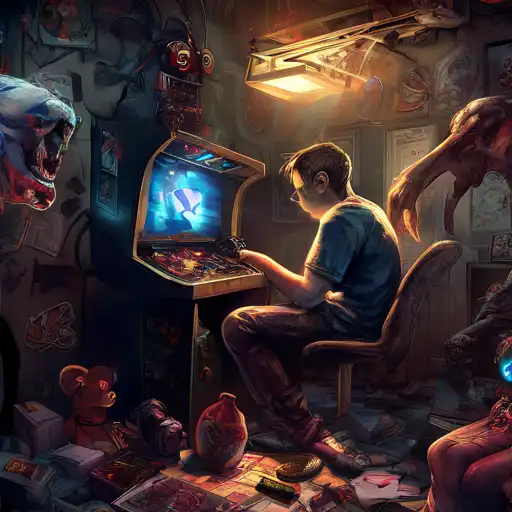Introduction to Gaming Addiction
Gaming addiction has become a significant concern in the digital age, affecting individuals across various age groups. This article delves into the psychological underpinnings of gaming addiction, shedding light on why some individuals are more susceptible than others.
The Role of Dopamine in Gaming Addiction
At the heart of gaming addiction lies the brain's reward system, primarily driven by dopamine. This neurotransmitter plays a pivotal role in how we experience pleasure and motivation. Games are designed to trigger dopamine release, creating a cycle of reward and reinforcement that can lead to addictive behaviors.
Psychological Vulnerabilities to Gaming Addiction
Not everyone who plays video games develops an addiction. Certain psychological factors increase vulnerability, including:
- Low self-esteem
- Social anxiety
- Depression
- Lack of real-life social connections
These factors can make the virtual world of gaming more appealing than real-life interactions, leading to excessive play.
Escapism and Gaming Addiction
For many, gaming serves as an escape from reality. Whether it's stress, trauma, or dissatisfaction with one's life, games offer a temporary refuge. However, when escapism becomes the primary coping mechanism, it can escalate into addiction.
Preventing and Addressing Gaming Addiction
Understanding the psychological triggers of gaming addiction is the first step toward prevention and treatment. Strategies include:
- Setting time limits on gaming
- Encouraging real-life social interactions
- Seeking professional help when needed
For those struggling with gaming addiction, recognizing the problem and seeking support is crucial. Resources such as mental health support can provide the necessary guidance and assistance.
Conclusion
Gaming addiction is a complex issue rooted in psychological mechanisms. By understanding these triggers, individuals and communities can take proactive steps to mitigate the risks and promote healthier gaming habits. Remember, moderation is key, and seeking help is a sign of strength, not weakness.
